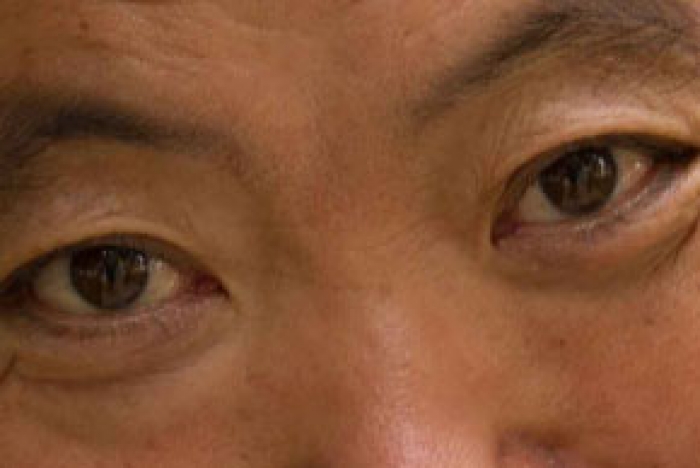Is it still possible to speak calmly about spirituality, in our post-modern societies where, for example, naturalism often merges with spirituality, or even with secularism which is also said to be spiritual?
And precisely in the case of the Josefa House, how could we give it, in our migrations, a spiritual side?
In reality, this dimension is inscribed in its "genes". First of all, in the sense that the Josefa buildings previously housed a Carmelite community for decades, but more fundamentally in its vision, and in its charter, which demand that the spiritual economy be taken into account in the apprehension of our human condition. Finally, in its exercise within and on the threshold of the Josefa House, in Brussels, the Josefa mission endeavours to listen to the whole of our human totality and in particular to the so-called spiritual part.
This outlook and this attention focused on the "spiritual thing" that is inherent, and even constituting, of all human history need however to be vigilant: there is not one spiritual form, there is not one spiritual "chapel", but there are unique experiences to live or to share in a House. We could, in a way, say that everyone can claim their own House, their own home, it being understood that, for a significant number of us, this House certainly goes beyond the walls of the Josefa House and fits, according to the language of each, in a tradition, in a history or a culture, whether faith-based or not.
By evoking the possibility of several particular residences, Josefa is not encouraging some kind of relativism but, on the contrary, opening up to any authentic spiritual experience.
It is in this sense that three spaces of the Josefa House are available to all of us who are in search of meaning, of Reality, of the Other, of God: a meditation space open to whoever requests it, a psycho-spiritual space for anyone who wants support in their psycho-spiritual process, and finally a poustinia available for those who wish to take time out at the heart of their journey.
In a way, the Josefa House is intended to be a space for the (re)collection of our migrations, with the greatest possible respect for everyone's attachment to His or Her House.
And in fact, these houses are received as a gift from our migrations, past, present and future.


